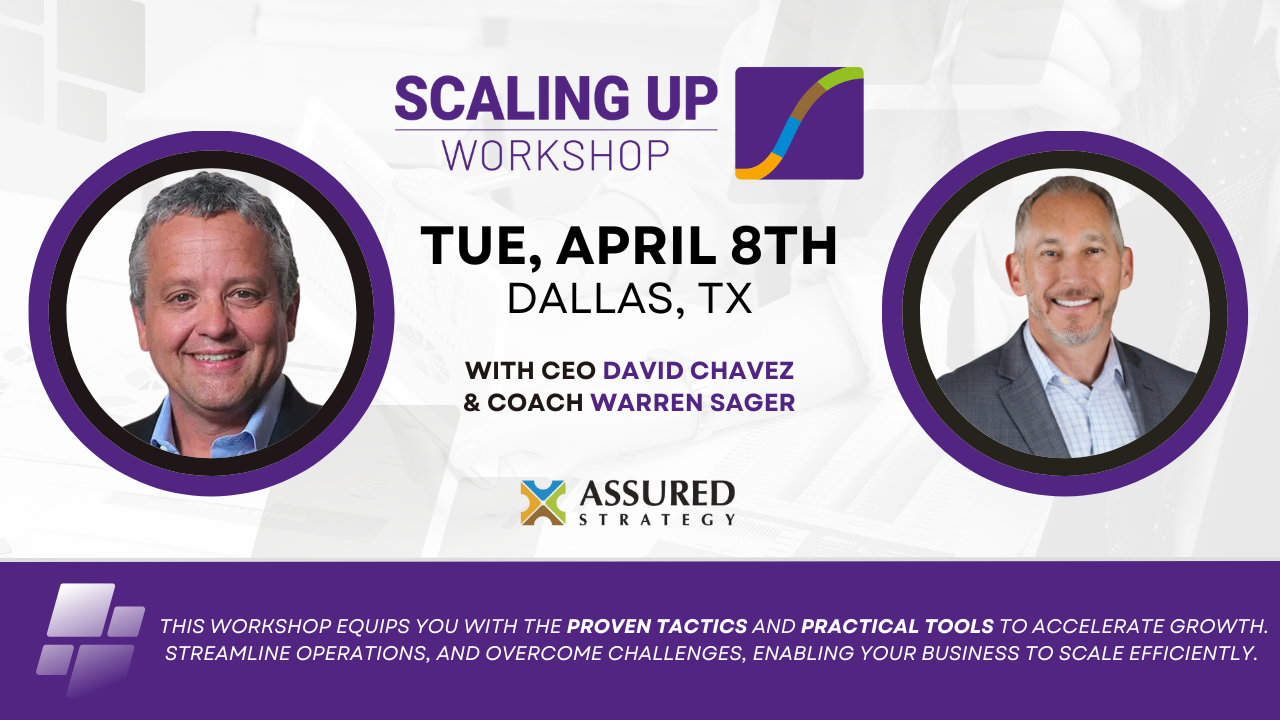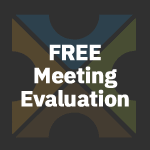
I recently worked with an executive who struggled to feel like an included, equal member of the executive team. She had worked for the organization for over 5 years, yet her team perceived her as someone who did not exhibit the same level of engagement in the company’s purpose as the other leaders. The feedback received by them was “she’s not as invested in the team.”
In our coaching session, she shared her growing concern that her peers didn’t see the passion she felt. She was confused by the discrepancy. Over the course of the conversation she described how her peers seemed relaxed with each other—sometimes too relaxed in her opinion.
When I explored this belief with her, she confided in me that because of her role as an executive, she prided herself on maintaining the same standard of professional behavior in front of her peers as she showed to employees and customers. She explained that whether she was in public or behind closed doors, she carried the same level of professionalism. She described this professional boundary as a healthy wall. In her mind, “wall” equaled “professionalism,” which equaled “good.”
After additional coaching questions, she also shared a belief that it was better to listen then to talk. In her mind, “too much talking” equaled “manipulation” which equaled “bad.” These two paradigms shed light on how her behaviors were interpreted by her peers in a negative light. Her professional boundaries in private with them and her tendency to not open up fully were perceived as separating herself from her team. The very same behaviors she was so proud of. She recognized that she needed to share her paradigm with her team, so they could understand that she felt the same passion for the purpose of the company as they did.
If you are stuck in understanding an interpersonal dynamic, ask yourself, “Are my behaviors and beliefs getting me the results I want?” If your answer is no, it may be time to examine your own mindset. Our mindset impacts our behaviors that drive the results we see in our life. If you don’t have the results you want, examine your paradigm. Ready to discuss? Schedule a free coaching session today!






